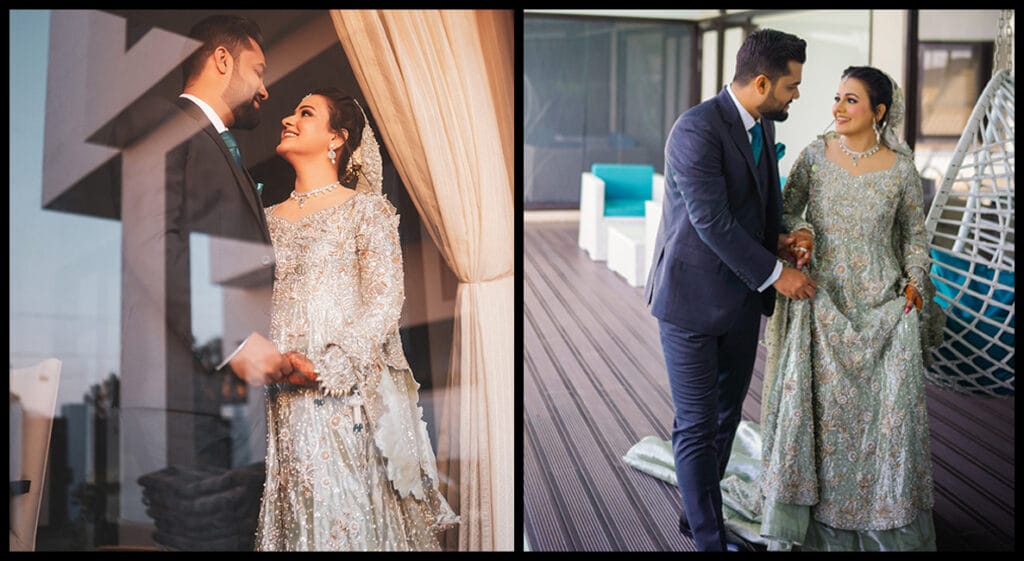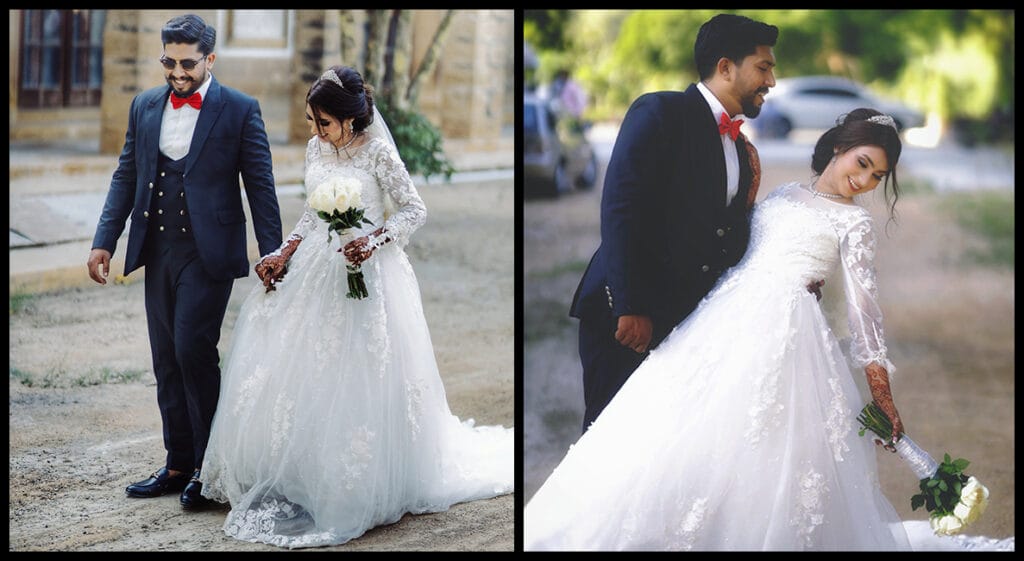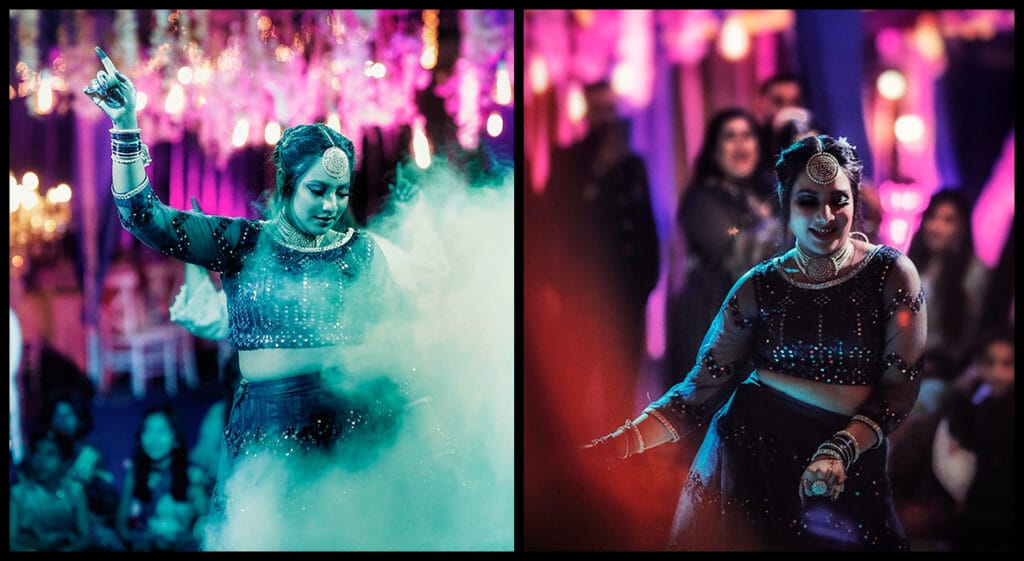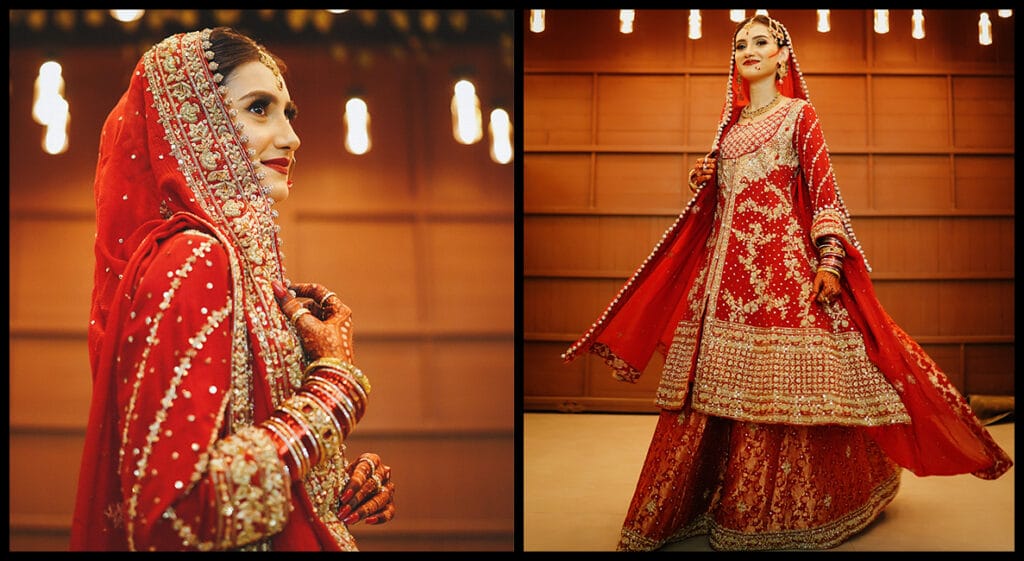This article offers expert tips on portrait photography, covering key aspects like lighting, camera settings, angles, and lens selection. It also compares DSLR and mirrorless cameras, emphasizing how to create dynamic, memorable portraits for individuals and couples with professional techniques.
The article provides expert tips for capturing stunning portraits, emphasizing the importance of natural light, camera settings, and background selection. It discusses the role of angles, aperture, and lens choice in creating dynamic, visually appealing portraits. The piece also covers tips for making subjects feel comfortable, as well as insights on photography equipment like DSLR and mirrorless cameras. Overall, it offers practical advice to enhance portrait photography for various occasions, from individual shots to couples’ sessions. For more details, visit Bilal Mirajkar Films.
The phrase portrait pictures refers back to the genre of taking pictures subjects, while “DSLR” (Digital Single-Lens Reflex) describes a form of virtual digital camera. DSLR cameras are a famous gadget for portrait photographers because of their ability to deliver high-quality snapshots with wonderful elements. However, portrait images also can be done with mirrorless cameras or even smartphones, relying on the talent of the photographer. At Bilal Mirajkar Films, we use the high-quality generation to ensure our pics reflect the artistry and splendidness our customers count on.
Portrait photography for couples focuses on capturing the unique connection and chemistry between partners. These classes can range from intimate photos to playful and romantic shots, permitting couples to express their love in a visible format. Such pictures serve as stunning reminders of their courting milestones. At Bilal Mirajkar Films, we provide specialized couple portrait sessions designed to highlight your love story through lovely visuals.

Portrait pictures can capture the essence of a person or a couple, telling their story through imagery. It can evoke emotions, celebrate milestones, and create a lasting legacy. Whether it’s a family portrait, a professional headshot, or a romantic couple’s shoot, portrait snap shots can create a powerful connection between the viewer and the subject. At Bilal Mirajkar Films, we specialize in crafting meaningful portraits that resonate with viewers and stand the test of time.
Lighting can dramatically change the manner in which a portrait seems. While synthetic lights may be useful in certain settings, herbal mild often brings out the great in snapshots. Morning or night mild, called the golden hour, presents a gentle and flattering glow to your subject’s pores and skin. Always take note of the direction of the mild and alter your difficulty or position; hence, keep away from harsh shadows.

Angles can add dimension and depth to your portraits. Shooting from different perspectives, such as slightly above or below your subject, can make your portrait more dynamic. For example, shooting from above can emphasize the eyes, while shooting from below can make your subject appear taller and more powerful.

The background of your portrait is just as important as the subject. A cluttered or busy background can detract from your subject, so it’s important to choose simple, uncluttered backgrounds or blur them out using a wide aperture. When shooting outdoors, look for nature backdrops such as trees or open fields for more organic portraits.

A wide aperture (low f-stop number) creates a shallow depth of field, allowing your subject to stand out against a blurred background. This is one of the most effective ways to make your subject pop, especially in outdoor environments. Use a 50mm or 85mm prime lens for best results. Keep the focus on the subject’s eyes, as they are the most important feature of any portrait.
| Lens Type | Aperture Range | Ideal Usage | Characteristics |
| 50mm Prime | f/1.2 – f/1.8 | Versatile portraits | Shallow depth of field, sharp focus |
| 85mm Prime | f/1.4 – f/2.8 | Close-up portraits | Soft background blur (bokeh) |
| 24-70mm Zoom | f/2.8 | Environmental portraits | Flexibility in framing |
| 70-200mm Zoom | f/2.8 | Outdoor & full-body shots | Compression effect, subject isolation |
Lighting is important in Portrait Photography because it determines the temper and tone of the Portrait Photography. Good lighting enhances complex projects, adds depth and creates a cozy atmosphere. Soft natural lighting, studio lighting and flash can all create unique effects, allowing photographers to offer different moods and aesthetics. At Bilal Mirajkar Films, we understand that controlling the lighting allows us to create beautiful images that sincerely capture the essence of our subjects.
Full-frame DSLR or mirrorless cameras are generally recommended for portrait photography due to their ability to produce high-quality images with a shallow depth of field. Popular models include the Canon EOS R5, Sony A7 III, and Nikon Z7.
Flash is optional for portrait photography but can be useful in low-light environments. When using flash, consider diffusing the light to prevent harsh shadows on your subject’s face.
A wide aperture between f/1.2 and f/2.8 is ideal for portraits, as it allows you to isolate your subject from the background while keeping them in sharp focus.
Building rapport with your subject before the shoot helps immensely. Talk to them, encourage natural conversation, and direct them gently during the session. The more comfortable they feel, the better the portraits will turn out.
Mastering portrait photography requires understanding your subject, mastering lighting, choosing the right background, and employing post-processing techniques. By combining creative ideas with technical skills, you can elevate your portrait photography to new levels, allowing you to capture stunning and memorable images.
Share your project details, and we’ll provide a personalized quote to bring your vision to life with our cinematic expertise.